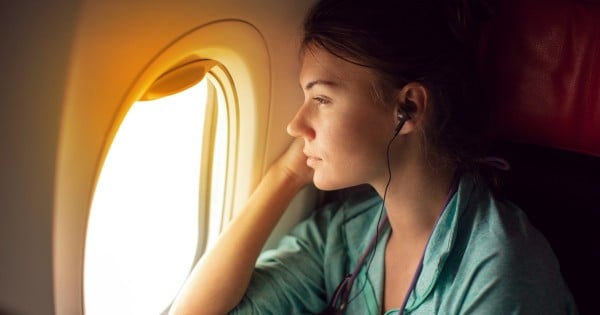If you or someone you know has experienced sexual assault, please seek help with a qualified counsellor or by calling 1800 RESPECT.
December 1994 marked the end of a monumental year for South Africa. Apartheid had just come to an official end and Nelson Mandela had just become president.
It was at the end of this year that a young woman named Alison Botha was kidnapped, raped, stabbed, and disemboweled in the small South African city of Port Elizabeth. Despite the severe physical injuries she endured, she survived and went on to write an autobiography about her triumph over her ordeal.
As a South African, I grew up knowing Alison’s story. Her autobiography became ubiquitous and she won multiple awards for her courage. Her story is currently being made into a movie, which will premiere in August of this year. Like Alison, I’m really public about having been raped: I write about my assaults, I speak about it often, and I’m one of the many vocal activists calling for an end to rape culture. Because of this, people often call me “brave.”
But I’ve noticed something chilling: the less and less my story seems like Alison’s, the less compliments are bestowed upon me.
Alison has what’s called the “perfect victim” narrative: Her story is the kind people are more prepared to hear, because it reflects mainstream ideas about how rape happens. Her perpetrators were strangers. She wasn’t openly queer, transgender, a sex worker, or incarcerated — all factors which increase one’s chance of being sexually assaulted. She miraculously survived despite her severe injuries, which makes the label “survivor” ring incredibly true for her.


